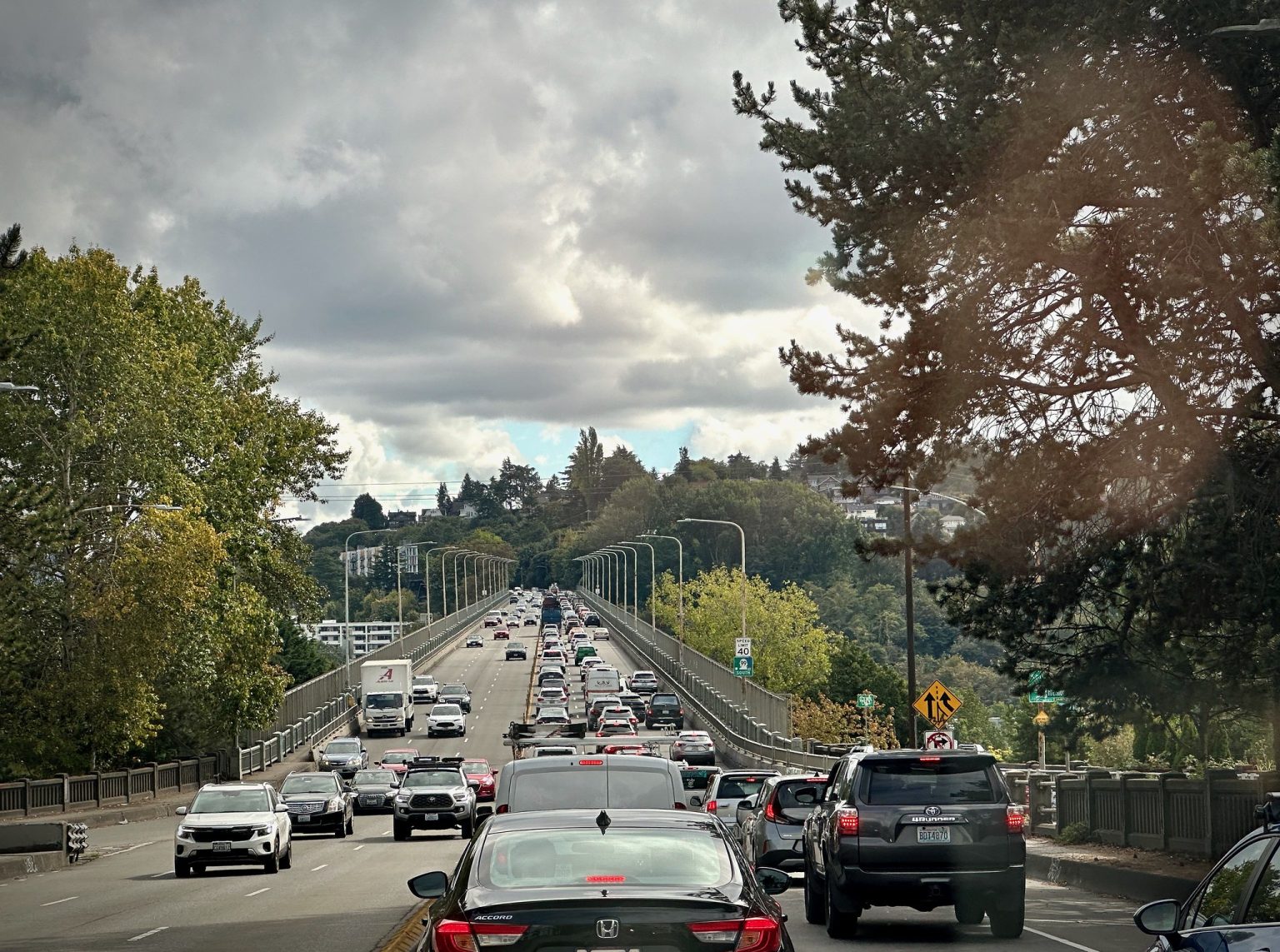Traffic congestion has long been a problem in Seattle, with the tech boom and city growth contributing to excruciating commute times before the pandemic. Inrix’s 2023 Global Traffic Scorecard ranked Seattle as the 10th worst city in the U.S. for traffic congestion, with drivers losing an average of 58 hours per year sitting in slow commutes. Many workers have embraced remote and hybrid work styles to avoid sitting in traffic every morning and evening and to save time and money associated with commuting.
Remote work has had a positive impact on Seattle’s traffic issues, with many workers staying home and reducing congestion on the roads. However, Amazon’s recent announcement that it wants thousands of corporate and tech workers in the office five days a week is expected to worsen traffic congestion in the city. When the company mandated at least three days in the office last year, there was a significant effect on slowing down traffic on major commute routes. The east-west commute on roads such as SR 520 and I-90 saw average speeds slow down by 29% in the morning and more than 10% in the afternoon.
With roughly 50,000 employees in Seattle and another 12,000 in Bellevue, Amazon’s three-day mandate saw most workers choosing to come into the office on Tuesdays, Wednesdays, and Thursdays. Foot traffic around Amazon headquarters buildings in the South Lake Union and Denny Triangle neighborhoods was busier during the middle of the week, while Mondays and Fridays remained slower than normal. Inrix predicts that east-west drivers will experience the largest drop in speeds on Friday mornings, followed by Monday mornings, due to the new five-day office mandate going into effect in January.
Seattle’s traffic woes have been exacerbated by the tech boom and city growth, leading to long commute times for residents. Many workers have chosen to work remotely or in a hybrid style to avoid sitting in traffic and save time and money associated with commuting. Inrix’s data shows that Seattle is one of the worst cities in the U.S. for traffic congestion, with drivers losing an average of 58 hours per year in slow commutes. The ability to work remotely has been a popular choice for workers looking to avoid the stress of sitting in traffic every day.












